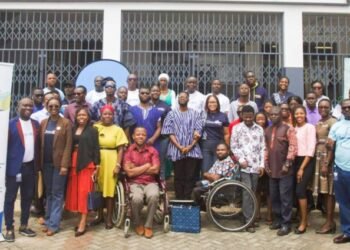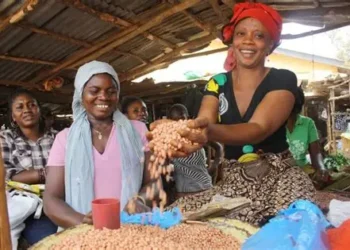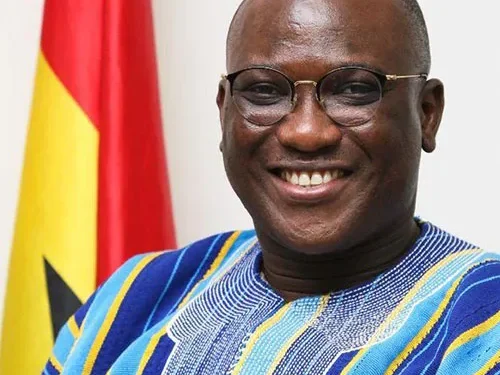The Managing Director of the International Monetary Fund (IMF), Kristalina Georgieva, has warned that poorer countries may face economic collapse unless the world’s wealthiest economies agree to increase debt relief measures.
The director urged countries, especially the G20 creditors, to come to the poor countries’ aid given how bad their economies are.
“We may see economic collapse in some countries unless G20 creditors agree to accelerate debt restructurings and suspend debt service while the restructurings are being negotiated.”
Kristalina Georgieva
In a blog co-authored with Ceyla Pazarbasioglu, director of the IMF Strategy, Policy, and Review Department, Georgieva noted that 60 percent of poorer countries are now in or at high risk of debt distress, opposed to less than half in 2015.
“For many of these countries, the challenges are mounting,” Georgieva and Pazarbasioglu warned.
Kristalina Georgieva
The need to extend the Debt Service Suspension Initiative (DSSI)
The Debt Service Suspension Initiative (DSSI) was launched by the G20 group of major economies in 2020, with the goal of providing an interim freeze in payments to low-income economies, many of which had already faced significant debt burdens prior to the pandemic. That initiative, however, is set to expire at the end of the year 2022.
And, as large economies’ inflation rates rise, central banks are reducing stimulus and are projected to begin hiking interest rates next year, raising debt payment costs for impoverished countries and possibly driving capital out of such countries.
“No doubt 2022 will be much more challenging with the tightening of international financial conditions on the horizon.”
Kristalina Georgieva
Meanwhile, major central banks such as the Federal Reserve are prepared to reverse their cheap money policies, which might lead to even greater problems.
The IMF’s chief further stated that the Covid-19 has aggravated the debt burdens of many poor countries, but advocated for immediate debt relief.
“Debt challenges are pressing and the need for action is urgent. The recent Omicron variant is a stark reminder that the pandemic will be with us for a while.”
Kristalina Georgieva
Unfortunately, the G20 strategy, the Common Framework for Debt Treatments, aimed at reducing impoverished countries’ overall debt burdens, has made little progress.
Georgieva and Pazarbasioglu said, recognizing that the Common Framework had yet to deliver on its promise, “Recent experiences of Chad, Ethiopia, and Zambia show that the Common Framework for debt treatments beyond the DSSI must be improved.”
The reasons for this were numerous: coordination between the Paris Club and other creditors, as well as multiple government institutions and agencies inside creditor countries, all hampered decision-making. Chad’s development was hampered by the need to restructure a significant, collateralized obligation held by a private entity and partially syndicated to a large number of banks and institutions.
The authors mentioned “It is also critical that private sector creditors implement debt relief on comparable terms.”
The IMF is urging the Debt Service Suspension Initiative (DSSI)’s enhancement, particularly procedures to compel private creditors to join, which would encourage more poor countries to use the DSSI.
“a comprehensive and sustained debt service payment standstill for the duration of the negotiation would provide relief to the debtor at a time when it is under stress.”
Kristalina Georgieva
Read Also: UBA wins 2021 African Bank of the year























